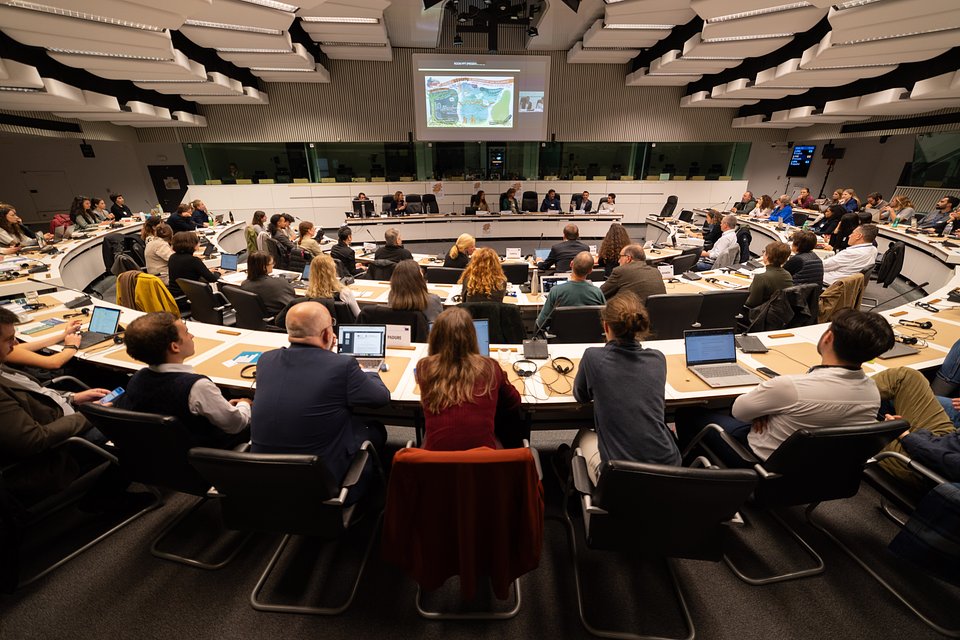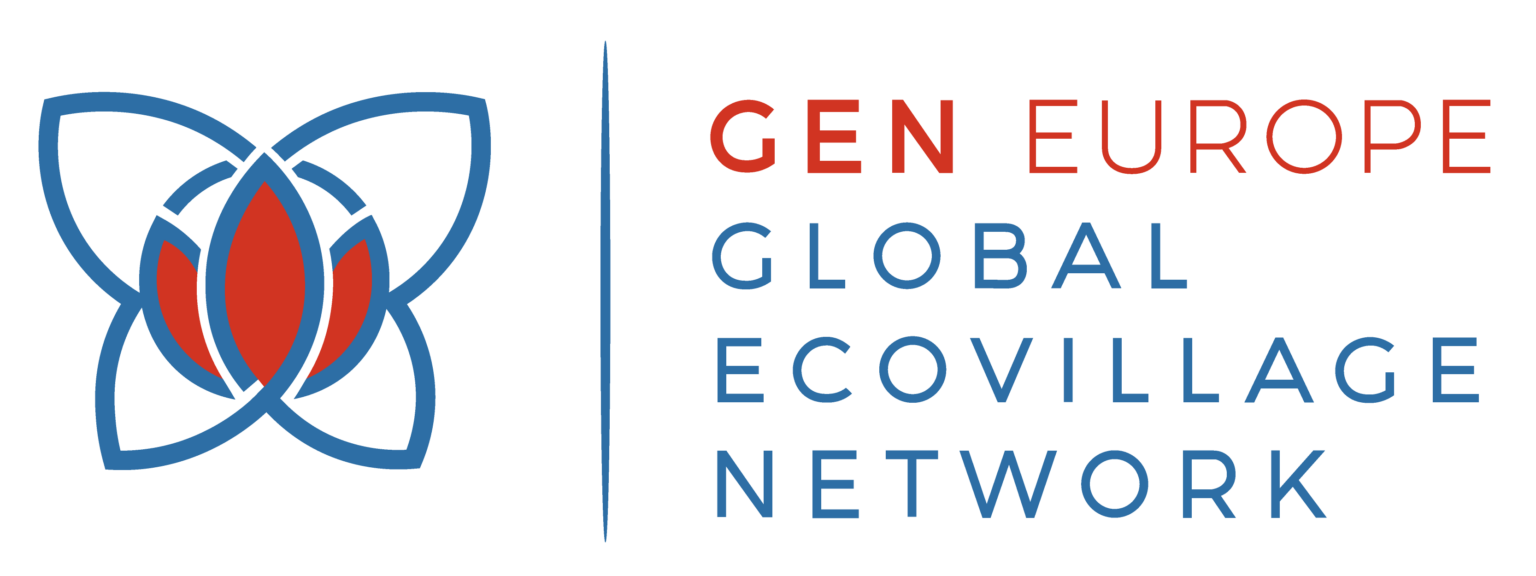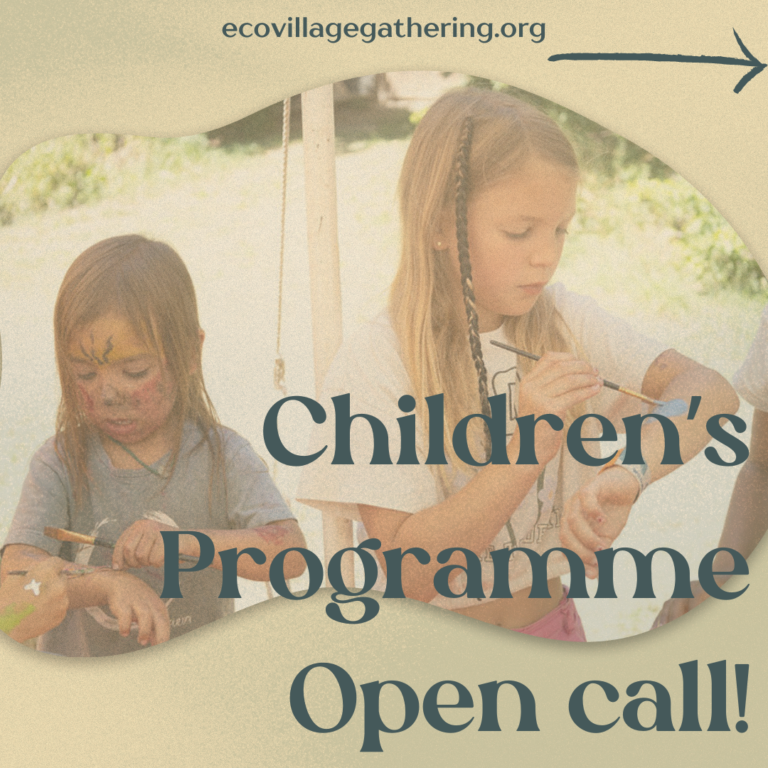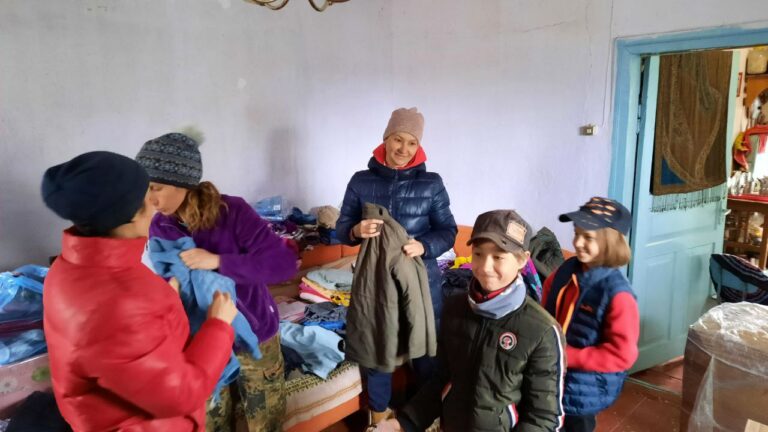Community-led initiatives call for a stronger EU Green Deal driven by collective action
A new manifesto launched by civil society organizations including GEN Europe claims the right of EU citizens to have the choice to live sustainably, calling on policymakers to swiftly localise an ambitious European Green Deal.

Manifesto launch event in Brussels, 7 November. Photo: Alejandro Puzzo
ECOLISE, the European network of community-led initiatives on climate change and sustainability co-founded by GEN Europe, is calling on EU policy makers to support a swift localisation of a strong and ambitious European Green Deal, harnessing the power of grassroots initiatives. At the same time, ECOLISE is urging policy makers to make sure that citizens have a choice to live sustainably, which is a human right. These are two of seven key policy demands in ECOLISE’s Time For Collective Action Manifesto, launched on 7 November.
Around 500 European policy makers, community-led initiatives, scientists and civil society organisations took part of ECOLISE´s annual main policy event, “Making the European Green Deal Strong and Real: Harnessing the power of community-led initiatives and local governments” –co-organised by ICLEI Europe and the European Economic and Social Committee, who hosted the event.
Half a year before the next European Parliament elections ECOLISE and its partners have made a strong call to translate the Green Deal into local action through enabling policies that will both contribute to increasing its ambition, while empowering citizens to act for sustainability collectively. ECOLISE announced the launch of a Europe-wide advocacy campaign in 2024, leading up to the European elections.
“Communities need strong environmental laws to thrive. I was quite shocked when I learned that there is no overarching plan to localize the European Green Deal”, said Nina Klein, ECOLISE’s Policy Lead, at the event in Brussels. This gap, she explained, was the spark for a one year consultation process that has led to the “10 theses on transformative community-led local development policies”. More than 400 contributors from 130 organisations, including around 40 process partners have participated in these deep conversations. The Time for collective action Manifesto is an outcome of this process.
The great potential of communities and citizens for achieving the European Green Deal remains largely untapped, as underlined by a recent IPCC report. “Having the right policies, infrastructure and technology in place to enable changes of lifestyles and behavior can result in a 40-70% reduction in greenhouse gas emissions by 2050” said Felix Creutzig, (Coordinating Lead Author of the IPCC’s 6th Assessment Report, Chapter 5).
Sophia Silverton from ICLEI Europe remarked “the local level is a flashpoint, where broad sustainability policies intersect with people’s lives”. She underlined the potential for civil society and local governments to collaborate and unleash socially grounded transformations that respond to everyday concerns.
The discussion built up on the Beyond Growth Conference of May. Its initiator, Philippe Lamberts, Member of the European Parliament and Co-president of the Greens/European Free Alliance, underlined the political relevance of giving people the choice to live sustainably, and explained the need for both top-down and bottom-up initiatives to push the European Green Deal forward. Commenting on the ECOLISE Manifesto which advocates for a changed economy focussed on care for people and the planet, Lamberts said: “The current economic model, which is based on growth, is seen as something that has no alternative. And this is dangerous”.
Anastasiya Volkova shared her experience coordinating the Green Road Project from the Global Ecovillage Network, which started hosting refugees only days after Russia had started the war against Ukraine. Over 300 refugees have decided to stay at the ecovillages at least until the war is over. She emphasized the importance of the international strong network for the success of the project: “We had friends in many countries and they helped because they knew us and they trusted us”. Christian Jonet of the Liège Food Belt (Belgium), an initiative inspired by the Transition Network, agreed on the importance of strong relationships as the fertile soil for social innovation and cohesion.
Download the Manifesto here, and for more information on the advocacy campaign visit the Communities for Future website.





